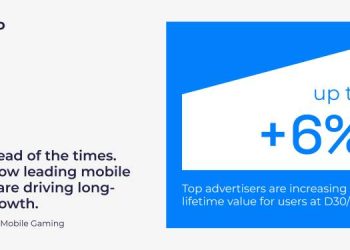Mumbai: In a marketplace where environmental awareness is no longer optional but expected, a new study by leading insights firm BrandPulse peels back the layers of consumer behavior to understand how sustainability influences purchasing decisions. Titled “Decoding Green Promises,” the study explores the gap between what consumers claim to value and how they actually behave when it comes to environmentally responsible choices.
In a world where sustainability has become both a cultural signal and a strategic imperative, this research brings clarity to a crucial question: Are green values genuinely shaping consumer action—or just perception?
Key Findings from the BrandPulse Study:
1. Intention vs. Action:
Although sustainability is often vocalized as a priority, real-world decisions frequently default to convenience, cost, and habit. This signals a critical need for brands to align eco-initiatives with practical realities of consumer behavior.
2. Price Still Matters:
Even consumers with strong environmental values hesitate when eco-friendly options come at a premium. The findings suggest that affordability and accessibility must be integral to sustainable product design.
3. Greenwashing Fatigue:
Consumers are increasingly skeptical of vague sustainability claims. Transparency and proof are now key to earning trust. Clear labeling, honest communication, and verified credentials are non-negotiable in the eyes of a discerning audience.
4. The Rise of the Purpose-Driven Buyer:
Younger demographics are especially likely to use their wallets as a form of activism—supporting brands that commit to ethical sourcing, long-term sustainability goals, and measurable environmental impact.
5. The Lifestyle Gap:
Despite good intentions, many consumers find it difficult to make consistent sustainable choices due to time constraints, unclear messaging, and limited availability.
6. Evolving Expectations:
Today’s buyers expect sustainability to be systemic—not a one-off campaign or seasonal commitment. They want companies to embed green practices into the heart of their operations.

“Sustainability is no longer a niche—it’s a mainstream expectation. The challenge for brands is to make it easier for people to act on their values. That means offering transparency, affordability, and above all, authenticity in every touchpoint,” said Mona Jain, Chief Growth Officer, BrandPulse.
With sustainability expectations on the rise, purpose must now meet practicality. Brands must address the intention-action gap by offering real solutions that reflect both environmental consciousness and everyday convenience.
From pricing strategies to packaging innovation and value-chain transparency, companies need to deliver a seamless and honest green experience. The insights from BrandPulse are a timely guide for businesses ready to transform good intentions into meaningful impact.
















